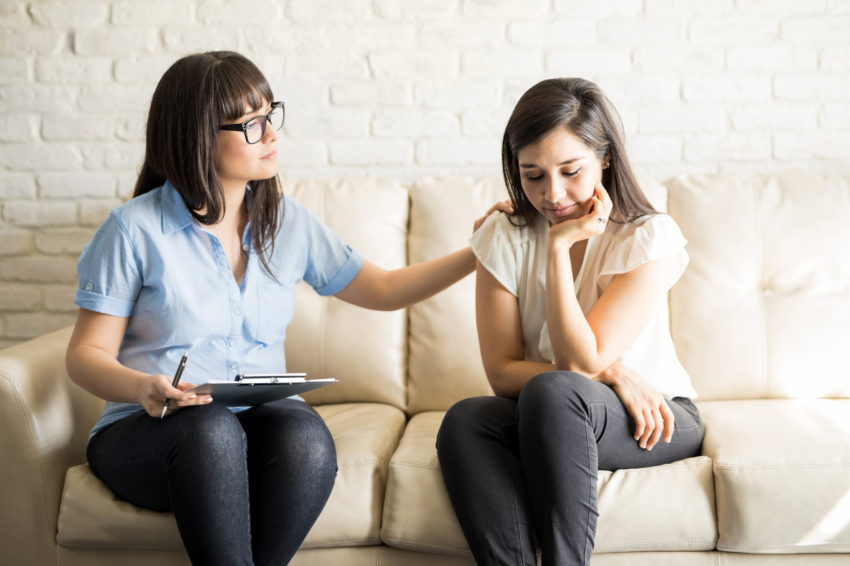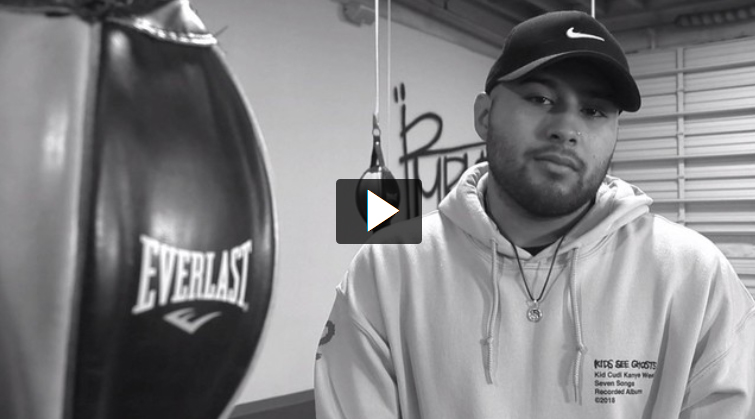
Share On Social!
People these days are talking about mental health more than ever before, from real mothers to nonprofit groups to NBA stars to entire TV shows.
But it’s not always clear how to start your own mental health journey.
This is especially unclear among Latinos, who face higher rates of depressive symptoms than many of their peers. And fewer Latinos (8%) than whites (14%) reported that their child had ever used mental health care services, according to a Salud America! research review.
“If you’re just embarking on your mental health journey, it’s a scary and stressful time,” writes Joe Rodriguez of remezcla.com.
6 Big Tips
Rodriguez talked with Latina mental health activist Dior Vargas (formerly of Project UROK) and therapist Omar Torres to create a six-step guide to “help you start your own journey.”
Here’s a short glimpse of the six steps:
- Find a therapist (via word of mouth, use the Internet, or go through your insurance).
- Figure out what’s right for you.
- How to deal with family and loved ones.
- What to expect.
- Know that it’s a process.
- What you should keep in mind.
“After taking all these steps, you may still feel uneasy about what to expect. In my first session, my therapist asked, ‘So what are you looking to get out of this?’ I was dumbfounded,” Rodriguez wrote.
Dior added: “It’s important to figure out why you think you need [therapy]. It’s important to know what you’re working for in your back pocket.”
Read Rodriguez’s full article to see these great tips in full.
Tip #7: Share Your Story to Help Others!
Telling your mental health story can inspire others facing the same issues.

That’s what James Leija Jr. is doing.
Leija Jr., the son of boxing Jesse James Leija, is an accomplished boxer himself and owns the Rumble Club gym in San Antonio.
But Leija Jr. recently revealed his battle with suicidal thoughts and depression on Facebook. He did it to get a conversation started about mental illness, reports Leslie Mouton of KSAT-TV.
“I have one of the closest families I can imagine or see out there and I still felt alone. I was in a hole and I couldn’t get out of really. You have a feeling and you don’t know how to stop it so you think ending your life will stop it,” Leija, Jr. told KSAT.
“Come out of that dark hole. You are not alone, more people around you are dealing with this than you think. And suicidal thoughts and depression have no limits to who it can reach.”
Dr. Amelie G. Ramirez, director of Salud America! at UT Health San Antonio, applauded Leija Jr.
“I think what James is doing is the right thing because in our Hispanic community talking about any mental health issue is tough, nobody wants to talk about it, and we need to be expressive and find out what’s causing those sad feelings,” Ramirez told KSAT.
Tell your story!
Use Project UROK’s website to make your own videos to inspire others to battle mental illness!
Explore More:
Mental HealthBy The Numbers
22
percent
of Latino youth have depressive symptoms, more than any other group besides Native American youth



